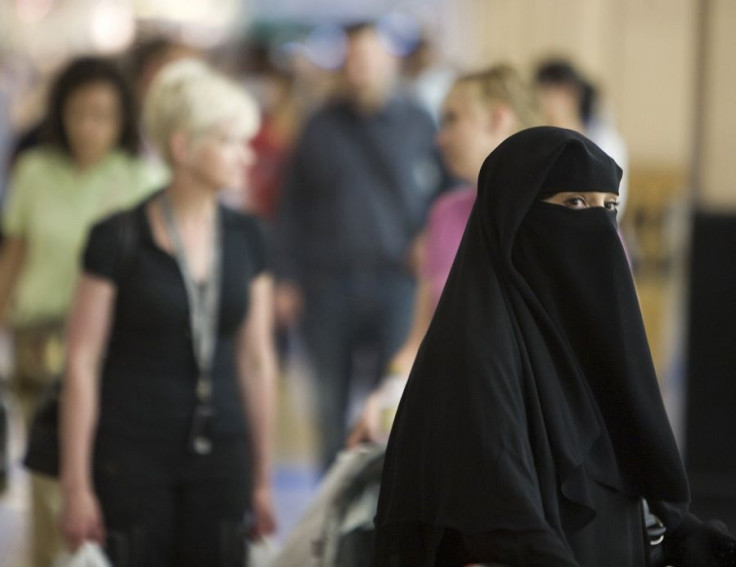Muslims Least Likely to Engage in Premarital and Extramarital Sex, Study Suggests

Muslims are least likely to have sex outside of marriage, according to a new study that compared the sexual behaviors of all the major religious groups in the world.
The study also found an inverse relationship between the number of Muslims in a country to the rate of premarital sex in the general population. They found that not only do fewer Muslims have sex outside of the marriage, as a country's Muslim population grows, the rate of premarital sex declines among all residents, even non-Muslims.
Researchers Amy Adamczyk, Associate Professor of Sociology at John Jay College of Criminal Justice, and Brittany Hayes, a Ph.D. student in John Jay's Criminal Justice program, analyzed responses from over 620,000 people between the ages of 15 and 59, who were part of the Demographic and Health Surveys in 31 mostly developing nations from 2000 to 2008.
Most countries were either predominately Muslim or Christian, except India and Nepal, which is predominately Hindu, and Cambodia, which is predominately Buddhist.
Results from the study showed that, on average, Muslims who were married were 53 percent and Hindus 40 percent less likely than Christians to report premarital sex. However, Jews and Buddhists are more likely than Christians to have sex before getting married, according to the study.
Muslims were also less likely than Hindus, Christians and Jews to report extramarital sex, according to the study.
Adamczyk and Hayes believe that these results could be associated to Muslims' greater adherence to strict religious tenets that only allow sex within marriage. Muslim leaders are also known to place heavy importance on fidelity in marriage.
Furthermore, researchers found that the religious values of a Muslim majority in a country appear to have a significant influence on the sexual norms of the wider population. The findings show that every 1 percent increase in the percentage of Muslims in a country is associated with a 2 percent decrease in the likelihood of premarital sex for all residents, regardless of their religious identity.
"All major world religions discourage sex outside of marriage, but they are not all equally effective in shaping behavior," researchers wrote in the study published in the October issue of the American Sociological Review.
Researchers speculated that the strict laws on women's mobility and interaction between the sexes in Muslim-majority countries might reduce the opportunities for sex outside of marriage. However, they found no significant relationship between a country's restriction on women to the rates of premarital and extramarital sex, suggesting that religion plays a greater role than laws restricting sexual behavior.
"One of the most surprising findings was that religious affiliations has a real influence on people's sexual behaviors," Adamczyk said in a university new release. "Specifically, Muslim and Hindus are significantly less likely to report having had premarital sex than Christians and Jews."
"One of the novelties of our study is our analysis of behaviors, rather than attitudes," she added. "While a lot of research attention has been given to understanding differences between the major world religions in adherents' attitudes, much less attention has been given to understanding differences based on behaviors."



























